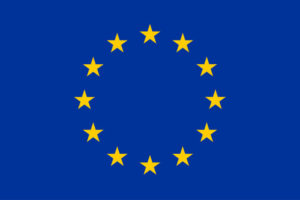D4.1 Working paper on EU’s policies and instruments for PVE
Introduction
This working paper maps and analyses the toolbox of the EU and a handful of European countries by providing a comprehensive overview of existing measures aimed at preventing violent extremism (PVE) within and outside the EU. It lists the institutional set-up, the decision-making processes and coordinating practices at both the EU and state levels. In addition to an analysis of counter-terrorism and PVE strategies at the level of EU institutions, the toolbox of four EU member states (Germany, France, Ireland, Spain) and one former member state (UK) is analysed because of their particular experiences with and competences in the area of prevention of violent extremism.
The paper is descriptive in nature and outlines, for the EU and the five (member) states, the (1) trends and challenges of violent extremism; (2) the legal framework and core policies; (3) a domestic snapshot and (4) an international snapshot which focus on actions in the Western Balkans and the wider MENA region. While the domestic snapshot looks into which local and multi-agency structures, measures and coordination approaches exist, the international snapshot pays attention to how coordination takes place with the EU institutions, other EU member states, third countries and/or other multilateral organisations.
Overall, the PVE agenda is quite a recent phenomenon in most member states and principally aims at preventing violent Islamist extremism through community engagement. The UK has been a pioneer in developing a ‘Prevent’ pillar as part of its 2003 counter-terrorism strategy and has since then actively contributed to the development of an EU-level PVE framework. This EU framework has in turn pushed other member states, like Ireland and Spain, to develop their own national PVE strategies in recent years. While Germany has also over the past decade made significant strides in preventing involvement in extremism and has brought its national practices to the EU level, France has generally favoured a more securitised than preventive approach.




